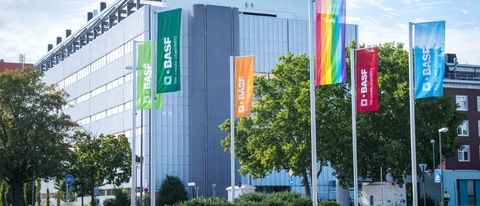BASF and ANDRITZ sign license agreement for OASE® technology
Ludwigshafen, Germany, October 23, 2025 – BASF SE (BASF) and ANDRITZ Group have signed a license agreement for the use of BASF’s proprietary gas treatment technology, OASE® blue, in a carbon capture project planned to be implemented in the city of Aarhus, Denmark. The project aims to capture approximately 435,000[1] tons of CO2 annually from the flue gases of a waste-to-energy plant for sequestration; the city of Aarhus has set itself the goal of becoming CO2-neutral by 2030. ANDRITZ, the selected supplier for the carbon capture plant, is currently conducting pre-engineering. The project’s implementation is contingent upon the customer receiving funding from the Danish CCS fund.


